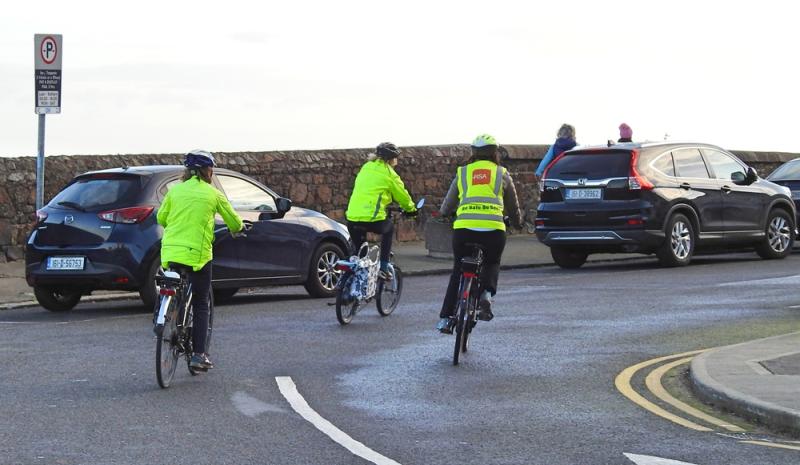
The Road Safety Authority has responsibility for co-ordinating the development of Ireland’s Road Safety Strategy. The Government’s road safety target of no more than 252 deaths per annum by the end of 2012 was achieved in 2009, when the number of road collision deaths in Ireland fell to 239. The reduction in the number of fatalities was achieved through robust actions in terms of education and awareness, road engineering, and enforcement, including significant legislative milestones.
The challenge is now to ensure that the impact of these measures on collision levels is sustained and enhanced into the future through continuous education, enforcement and road engineering measures and initiatives. IPH welcomes the opportunity to respond to this consultation given the significant burden of injury, disability and mortality associated with road traffic collisions on the island of Ireland. IPH supports the development of evidence-based strategies and actions which can maintain a transport system, in which the safety of all road users is paramount.
Key points from IPH response
• IPH welcomes the opportunity to contribute to the development of evidence-based strategies and actions supportive of road safety.
• IPH acknowledges the significant progress made in terms of reductions in fatalities in recent years. However, the population health burden of injury, disability and mortality associated with road traffic collisions on the island of Ireland remains significant.
• IPH recommends that any future road safety strategy should be comprehensive with specific, measurable, attainable, relevant and time-bound (SMART) targets relating to the reduction of fatalities as well as the reduction of serious injuries.
• The development of indicators suitable to the monitoring of injury and disability could form a particular focus for the forthcoming strategy with a view to informing the development of meaningful targets in the future.
• The development of indicators suitable to the monitoring of particular vulnerable road users could be explored, with an emphasis on assessment of various aspects of social inequalities in injuries and deaths.
• Population ageing as well as an increasing birth rate is likely to result in higher numbers of vulnerable road users and specific provision should be made in the strategy to address their needs.
• The increase in cyclists on the road is welcome in terms of the positive benefits for public health associated with physical activity and air quality. Promoting the safety of cyclists should form a clear focus in the strategy and opportunities for synergistic and mutually supporting working with the implementation of the National Cycling Policy Framework should be realised.
• Policy and actions set out in the Road Safety Strategy should aim to be supportive of the Department of Health National Substance Misuse Strategy in terms of reducing alcohol-related harm on the roads. Opportunities for synergistic and mutually supportive working to reduce alcohol-related harm on the roads should be actively pursued.
• Improved understanding of the potential positive and negative harms associated with technologies used by drivers should form a distinct work programme in the strategy, with particular attention paid to appropriate data on mobile phone usage.


